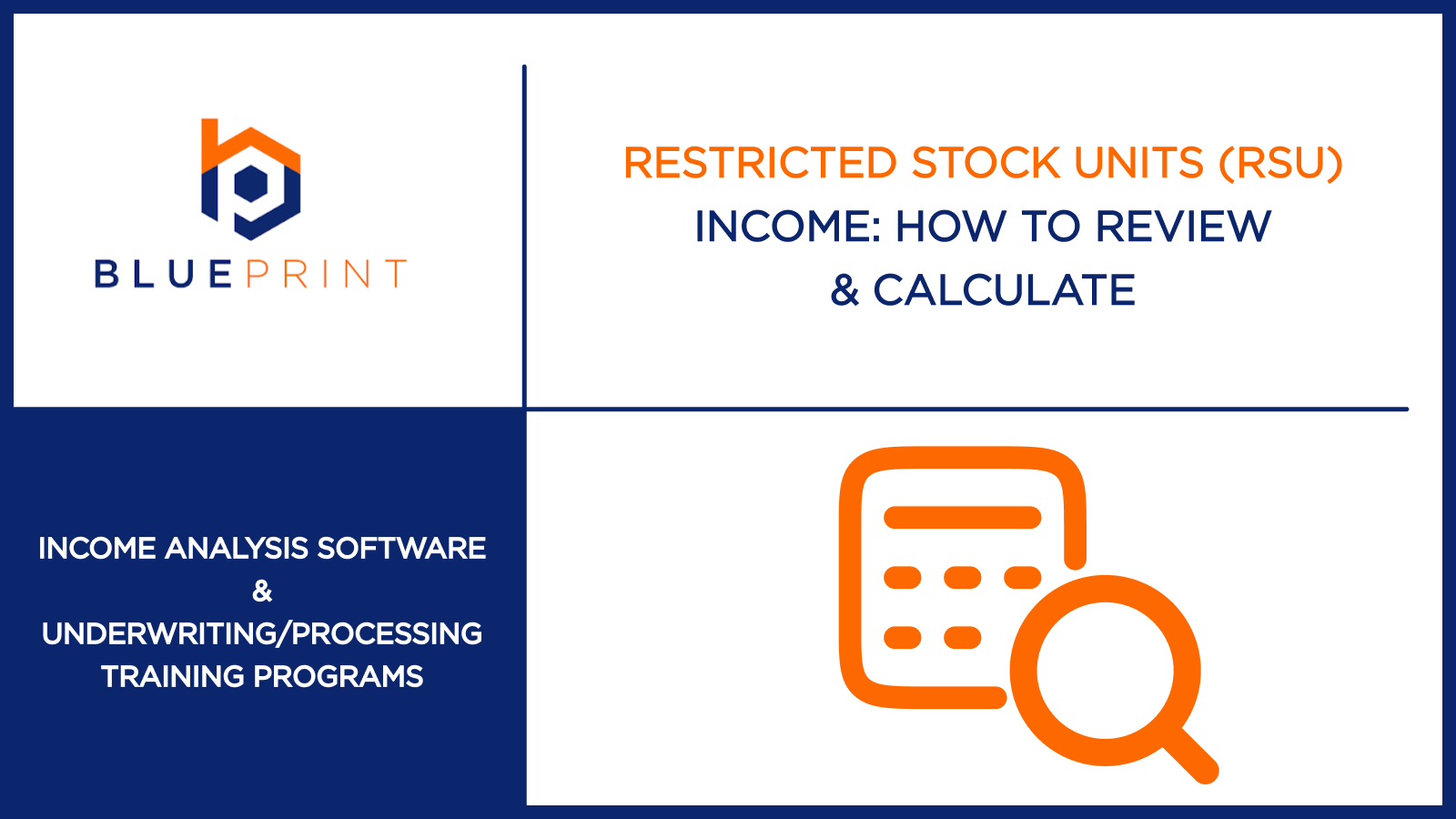
Restricted stock units (RSU) income: how to review & calculate
When applying for a mortgage, few types of pay are as confusing or as valuable as RSU income. For many borrowers, restricted stock units make

When applying for a mortgage, few types of pay are as confusing or as valuable as RSU income. For many borrowers, restricted stock units make
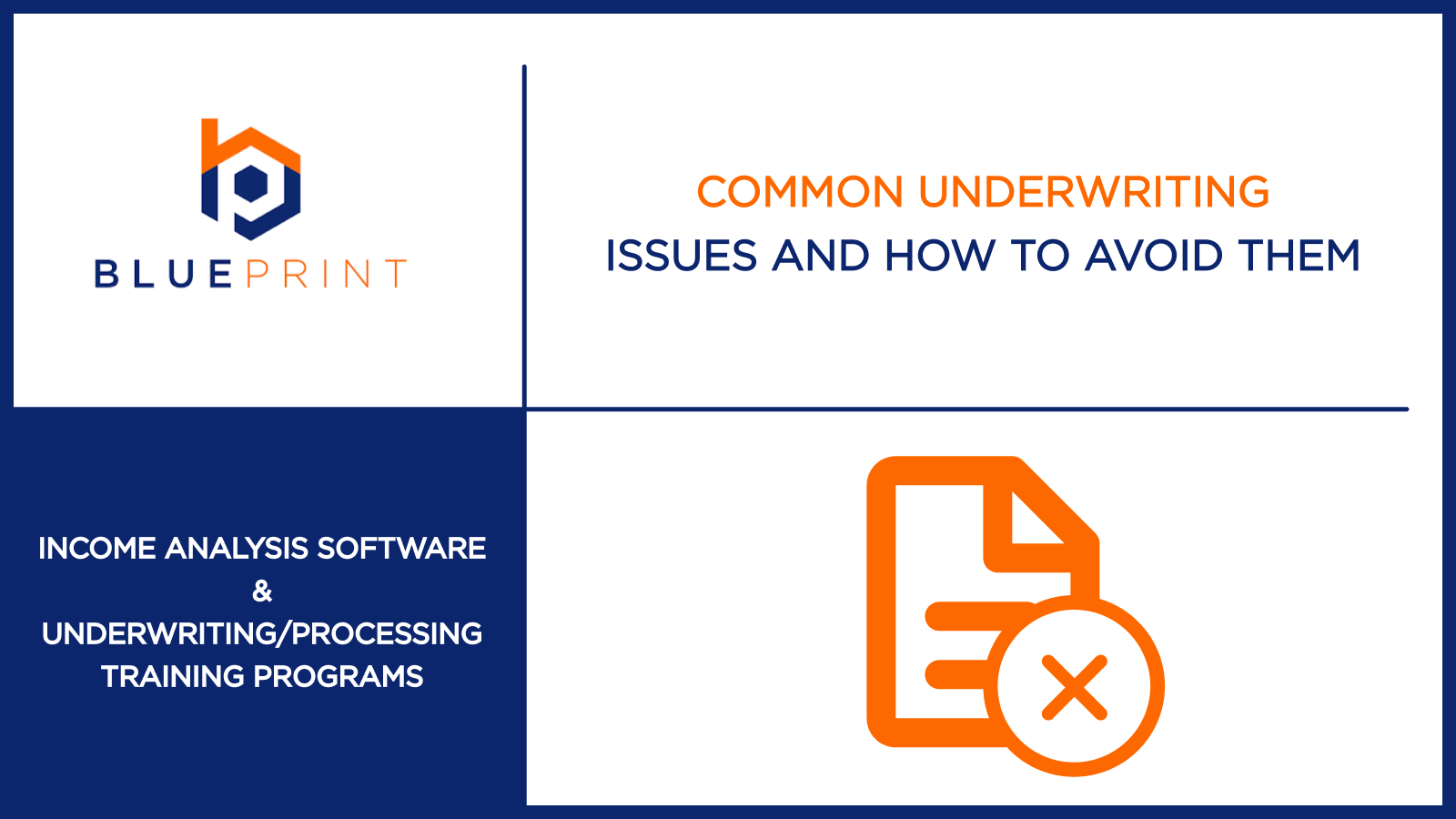
A small mistake can stop a mortgage loan from moving forward. Underwriting issues are quiet problems that slow down the process, confuse borrowers, and create
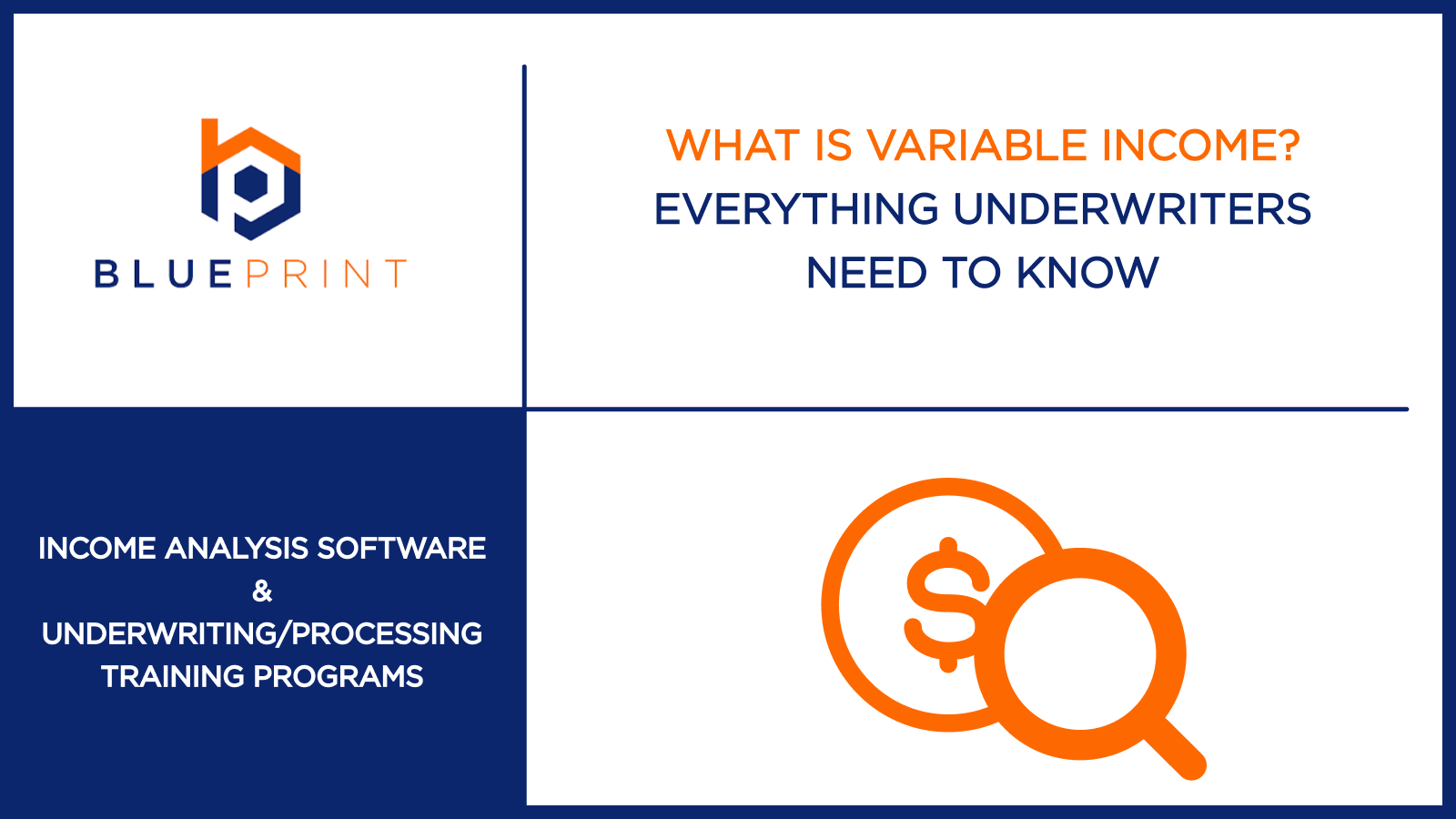
Not everyone earns the same amount of money each month. Many borrowers have income that goes up and down, which makes it harder for lenders
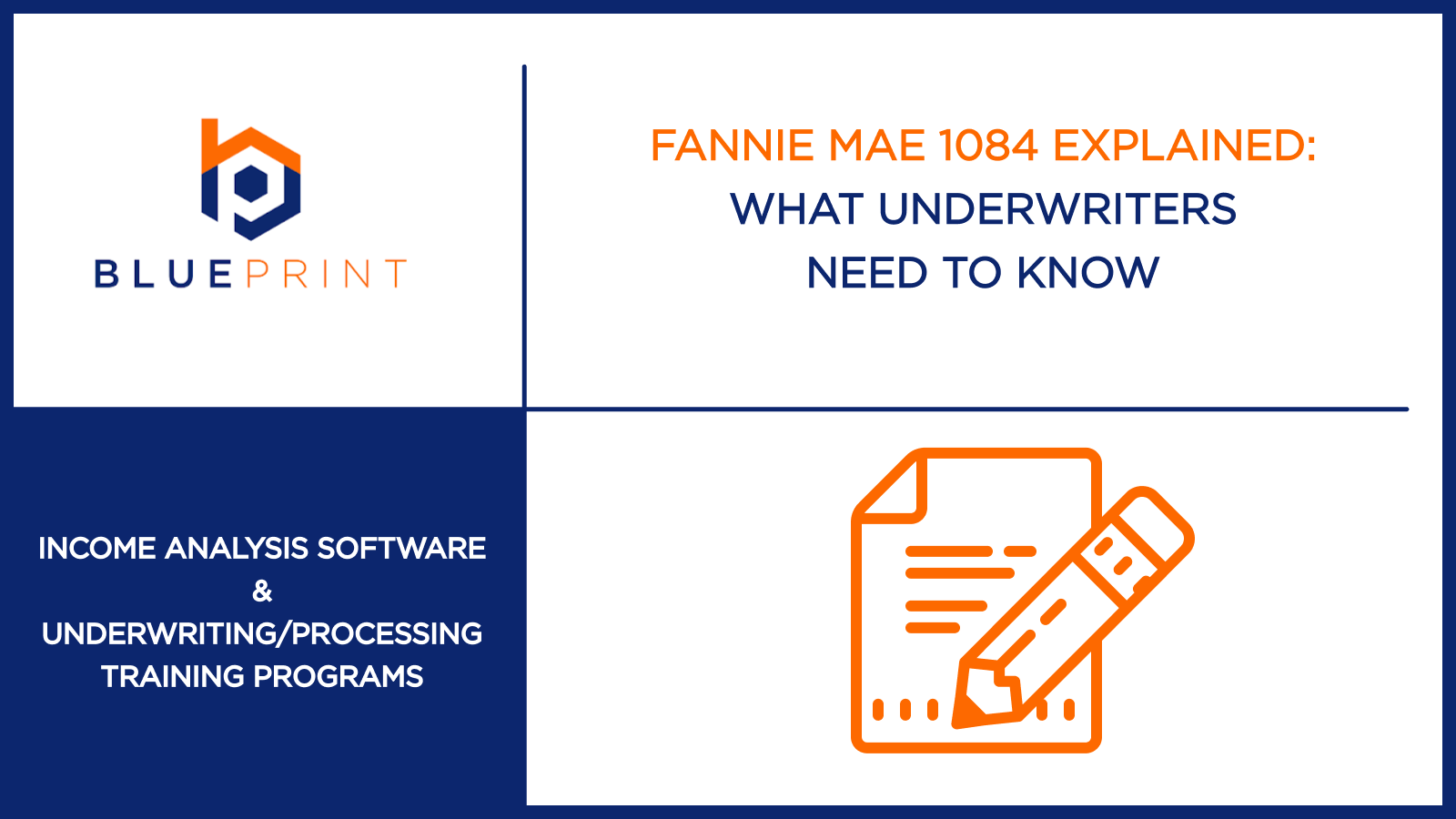
Qualifying self-employed borrowers can be one of the hardest parts of mortgage lending. If income is calculated incorrectly, it can lead to delays, loan defects,
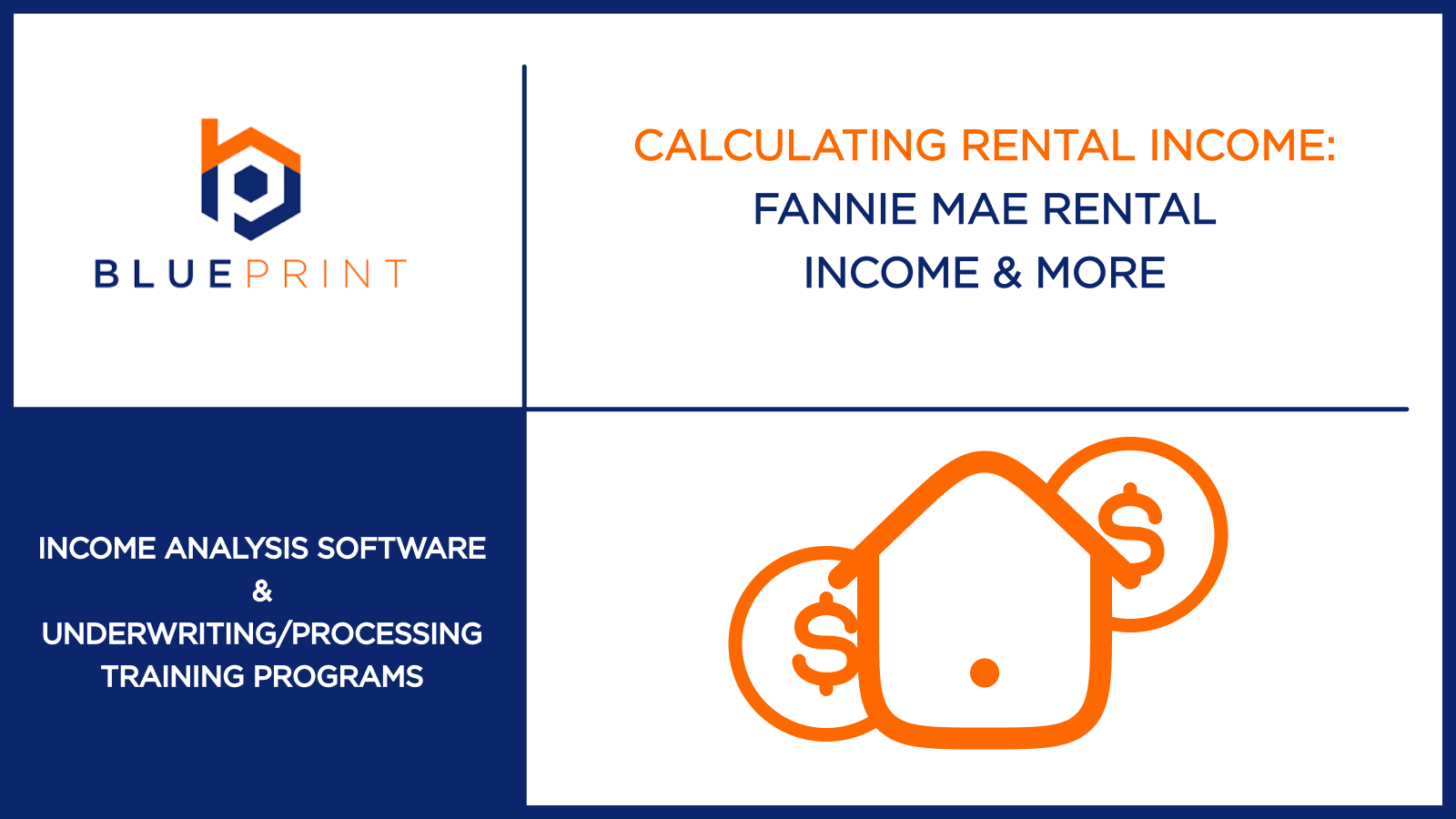
Most mortgage applications fall apart for one reason: mistakes in calculating rental income. Even a small error can turn an approval into a denial or
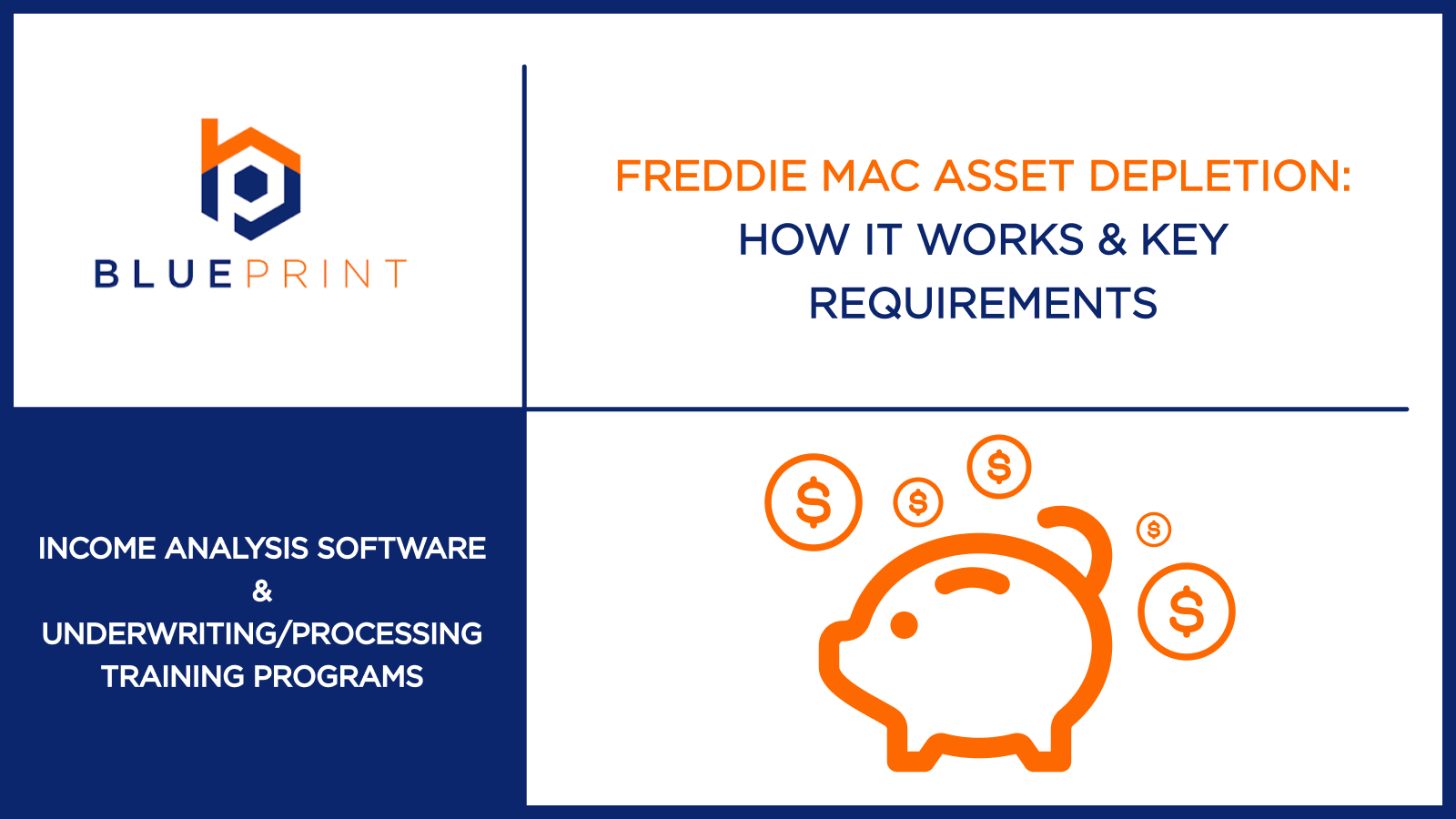
For borrowers who may not have enough traditional income to qualify for the mortgage, Freddie Mac provides an alternative path: converting eligible assets into monthly
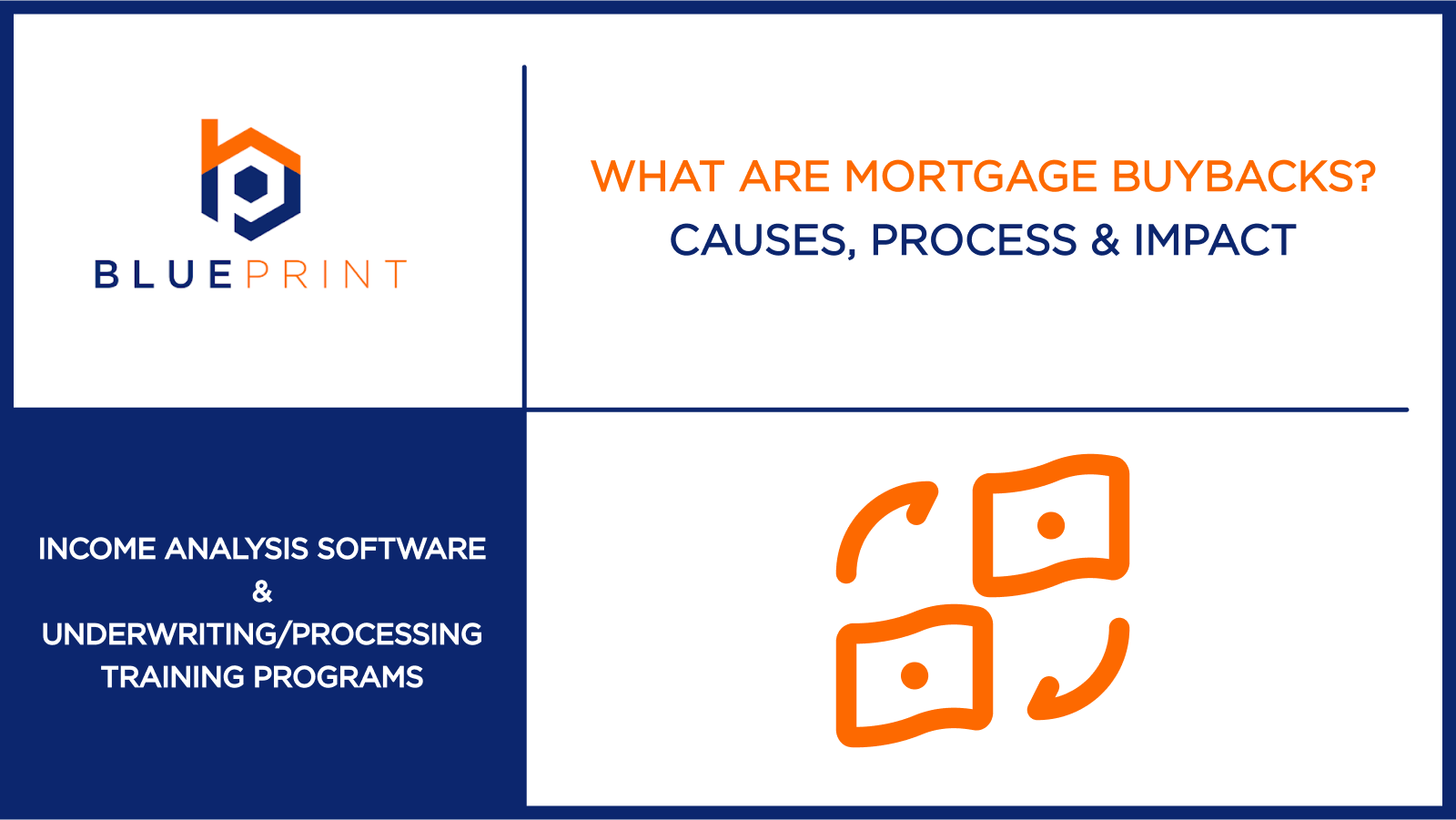
Mortgage buybacks can be a substantial challenge for mortgage lenders because they can cut into their profits. When a seemingly secure loan sold into the
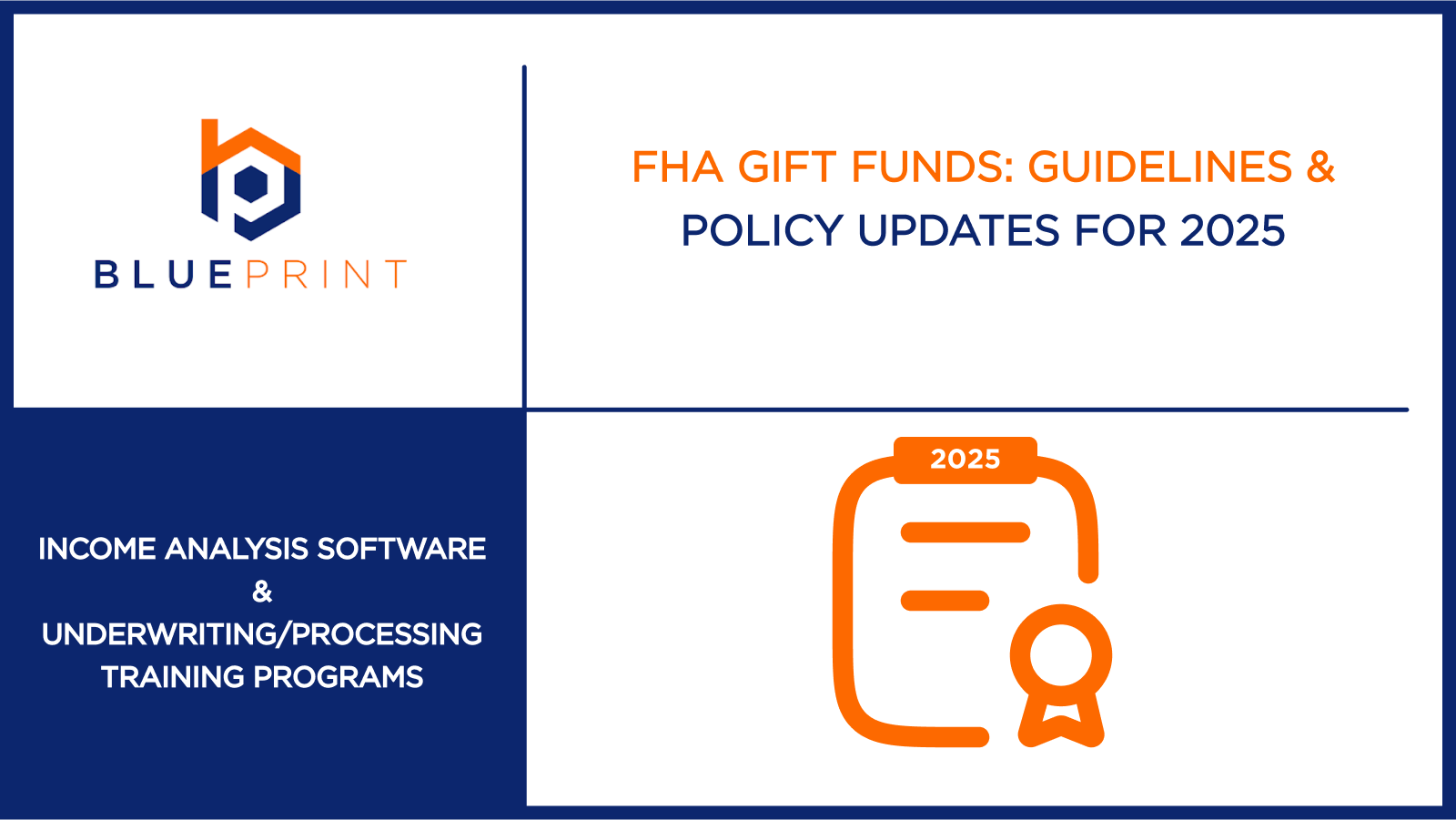
In 2025, the Federal Housing Administration (FHA) continues to make homeownership accessible to first-time homebuyers and buyers with limited funds in their savings accounts. One
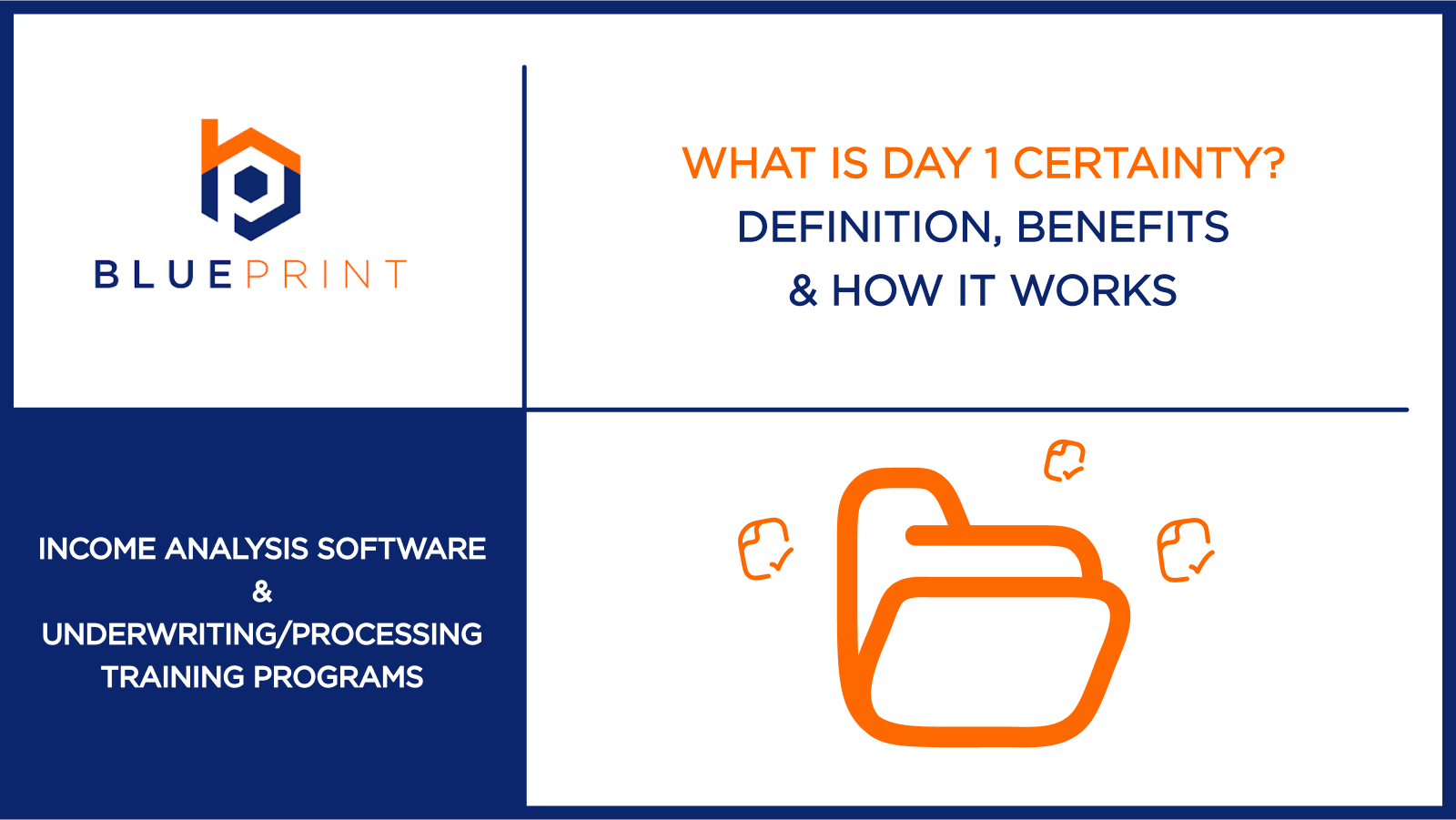
Repurchase demands, documentation delays, and inconsistent underwriting still challenge even the most efficient lending teams. Day 1 Certainty is designed to fix that. By verifying
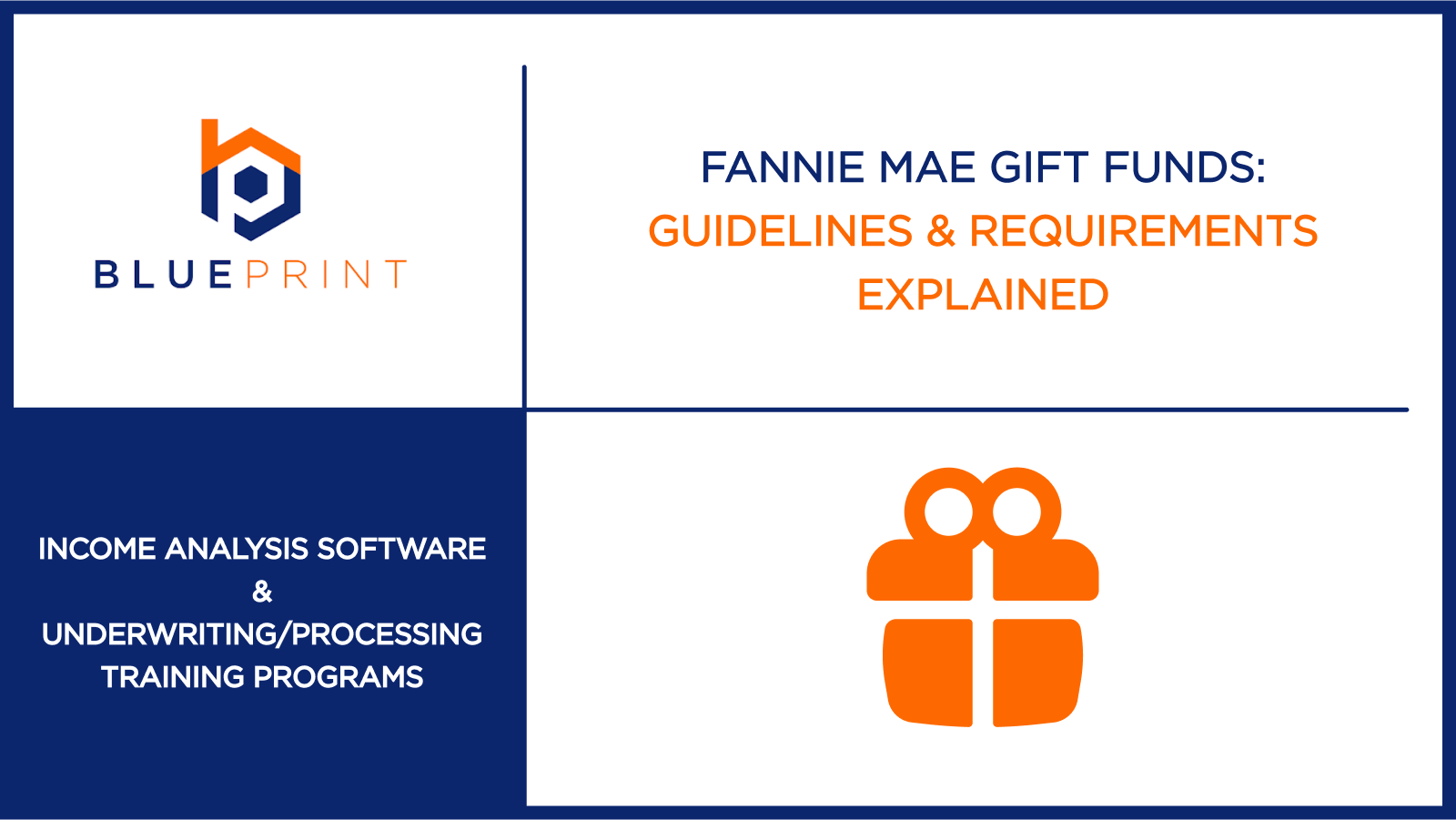
Gift funds can be a valuable tool for helping borrowers meet down payment and closing cost requirements, especially when liquidity is a barrier to homeownership.
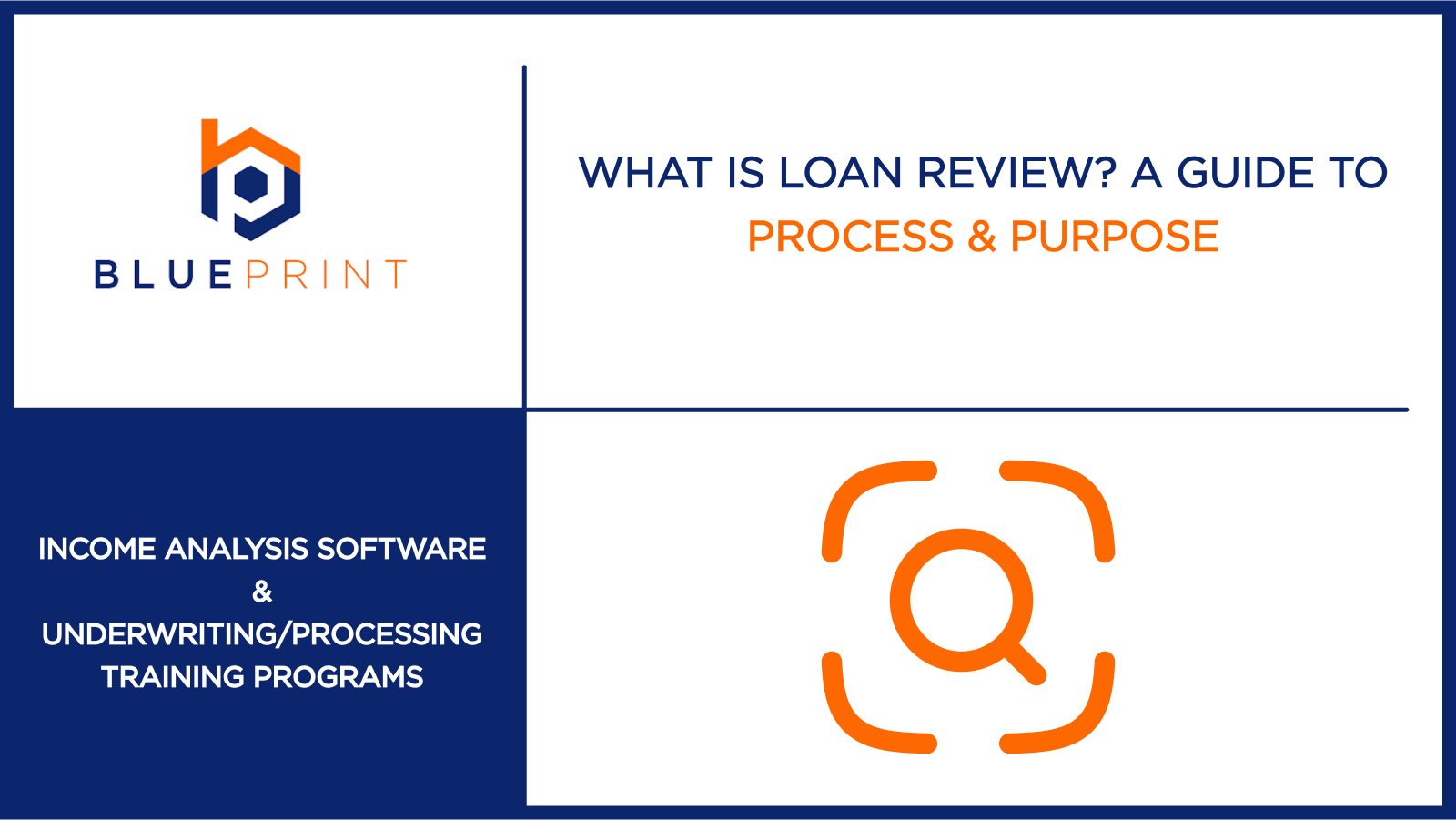
Loan review is a critical quality control mechanism for financial institutions. This systematic examination process evaluates loan portfolios, identifies potential weaknesses, and ensures regulatory compliance.
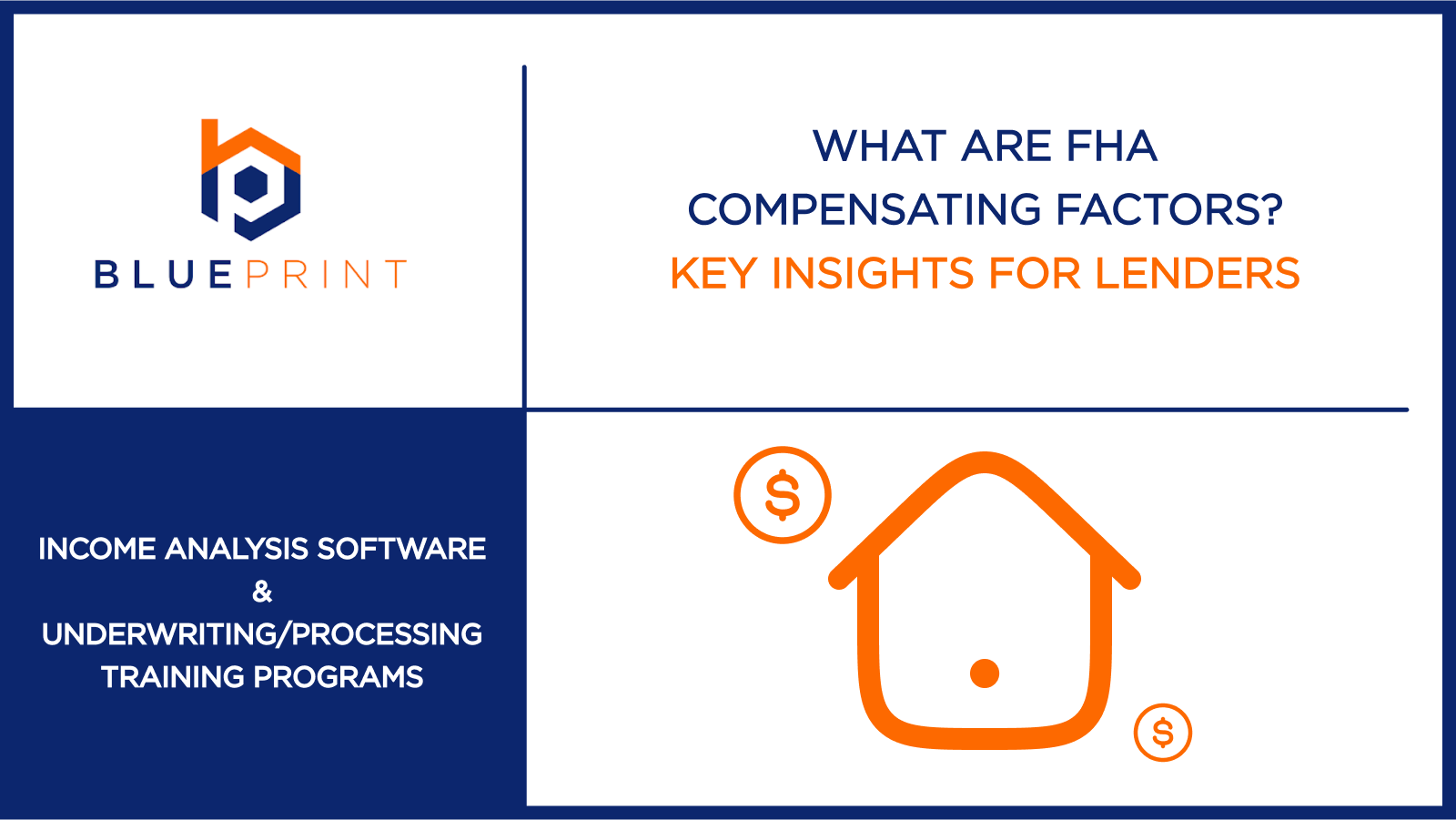
FHA loans provide a way to homeownership for Americans who don’t qualify for conventional financing. While these government-backed Federal Housing Administration loans offer flexible qualification
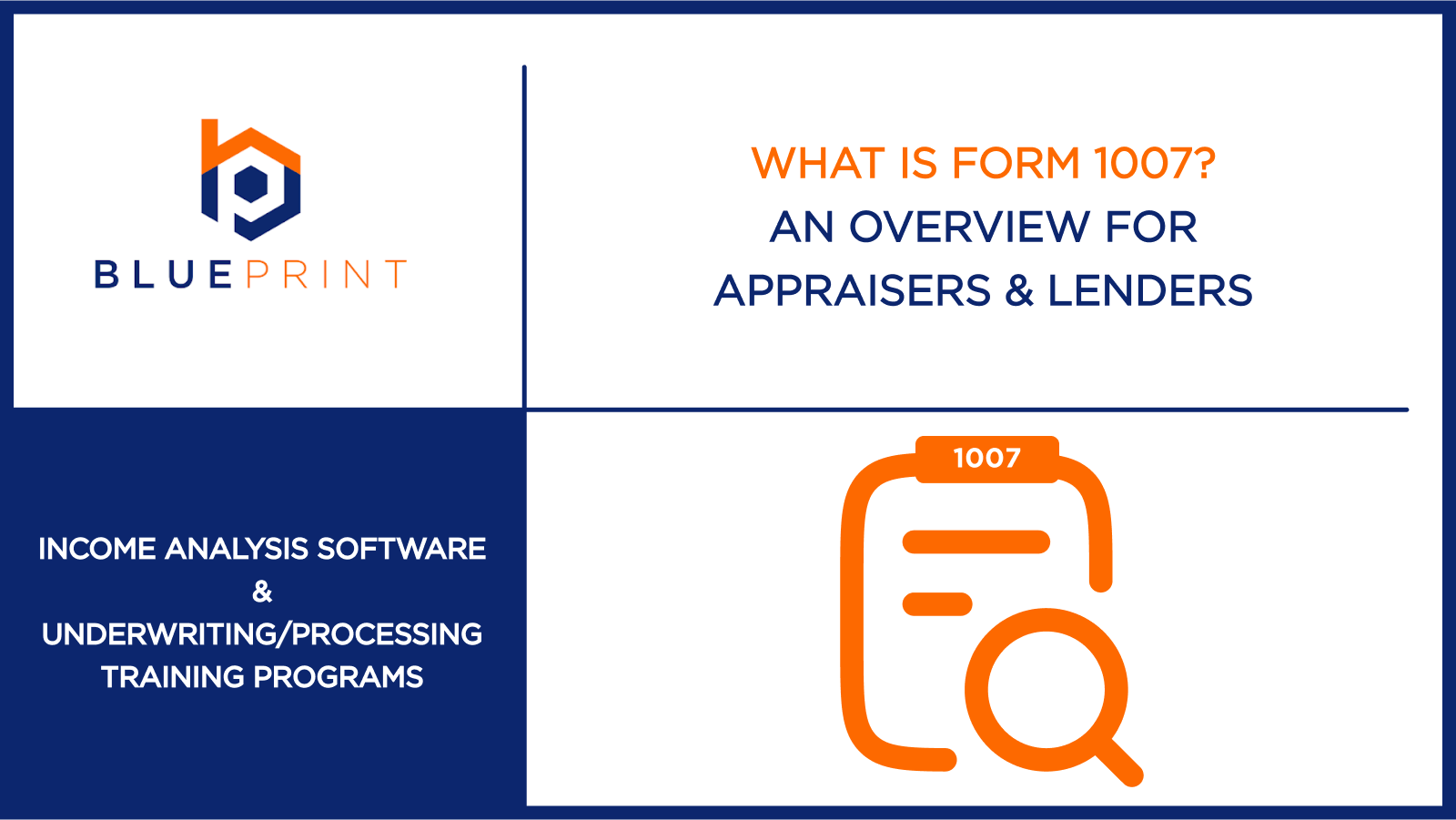
Fannie Mae’s Form 1007, formally known as the Single-Family Comparable Rent Schedule, is a vital document in the appraisal process for investment properties, particularly one-unit
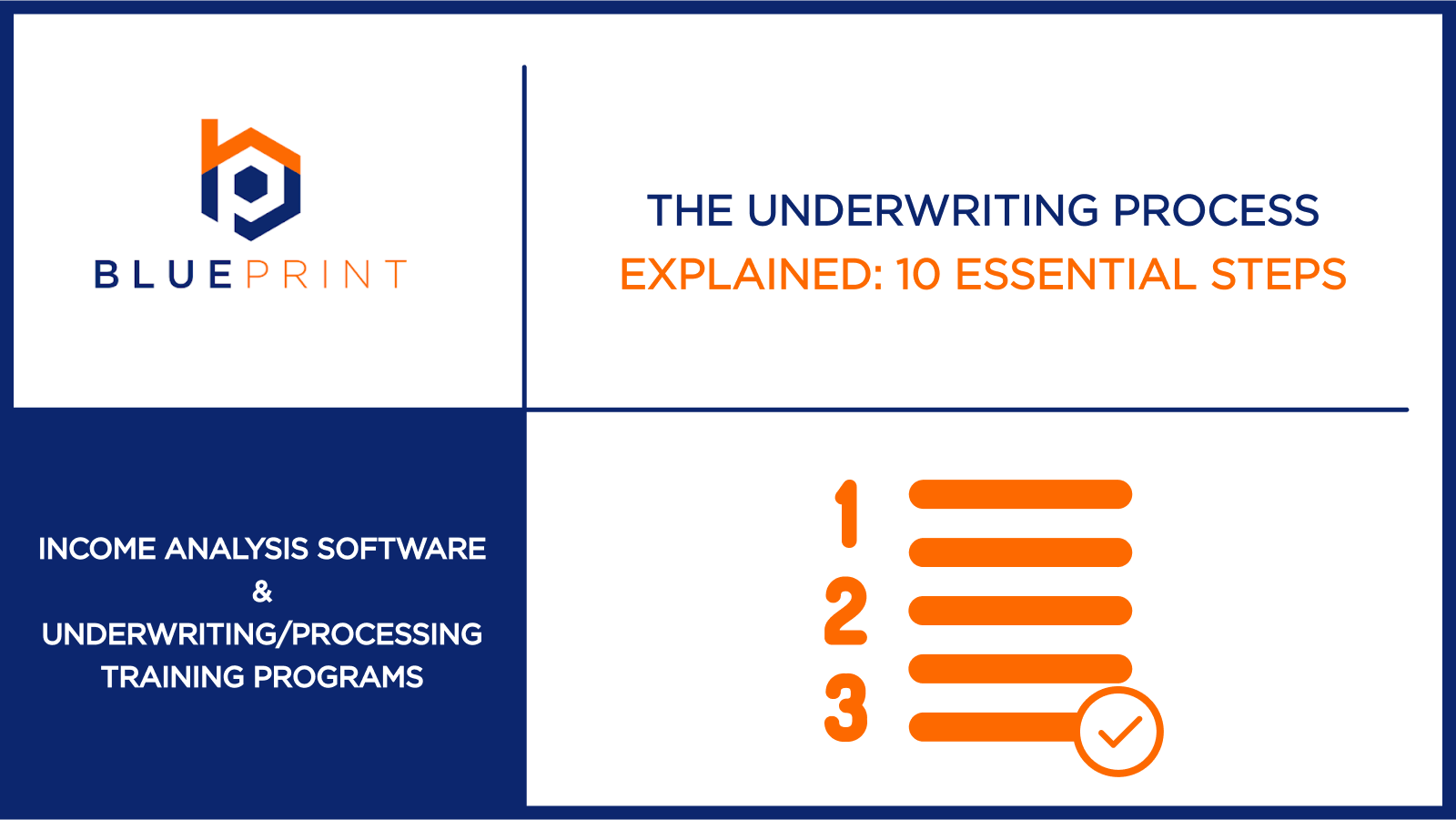
As a lender, the mortgage underwriting process is one of the key components of your lending operations. If you’re making loans for home purchases, refinancing
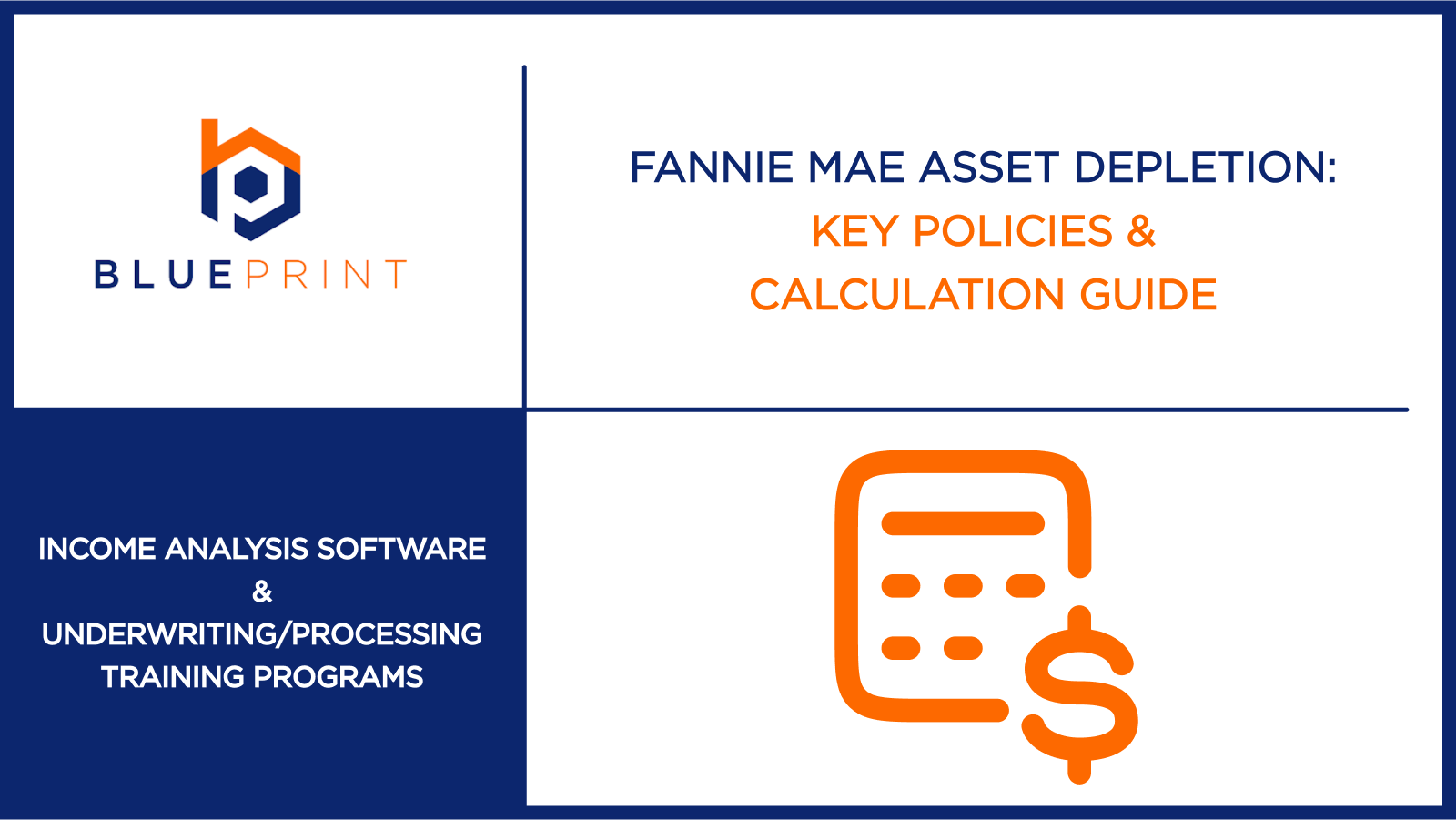
Assessing borrowers with substantial accessible liquid assets but limited recurring income can present unique underwriting challenges. Fannie Mae’s asset depletion program offers lenders a way